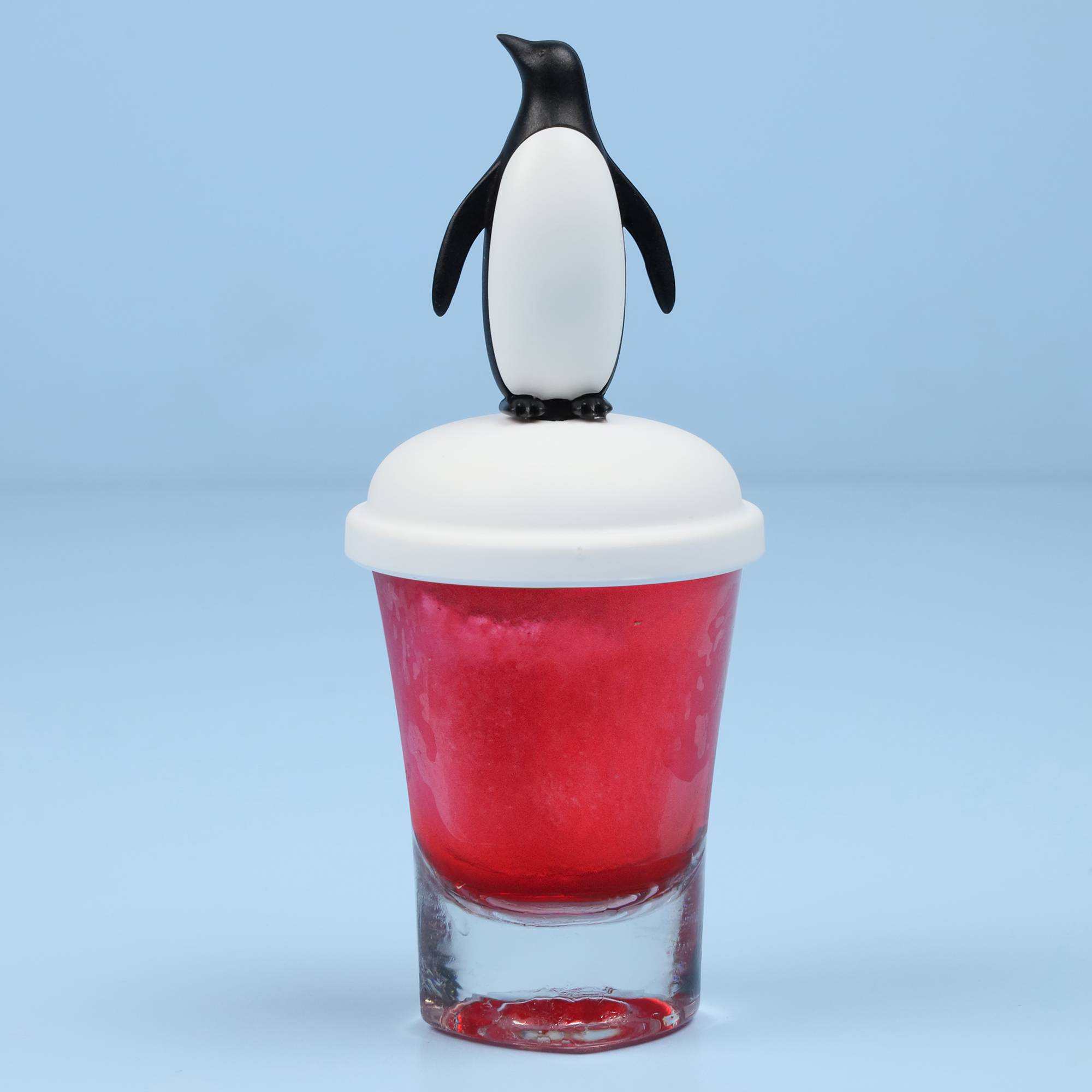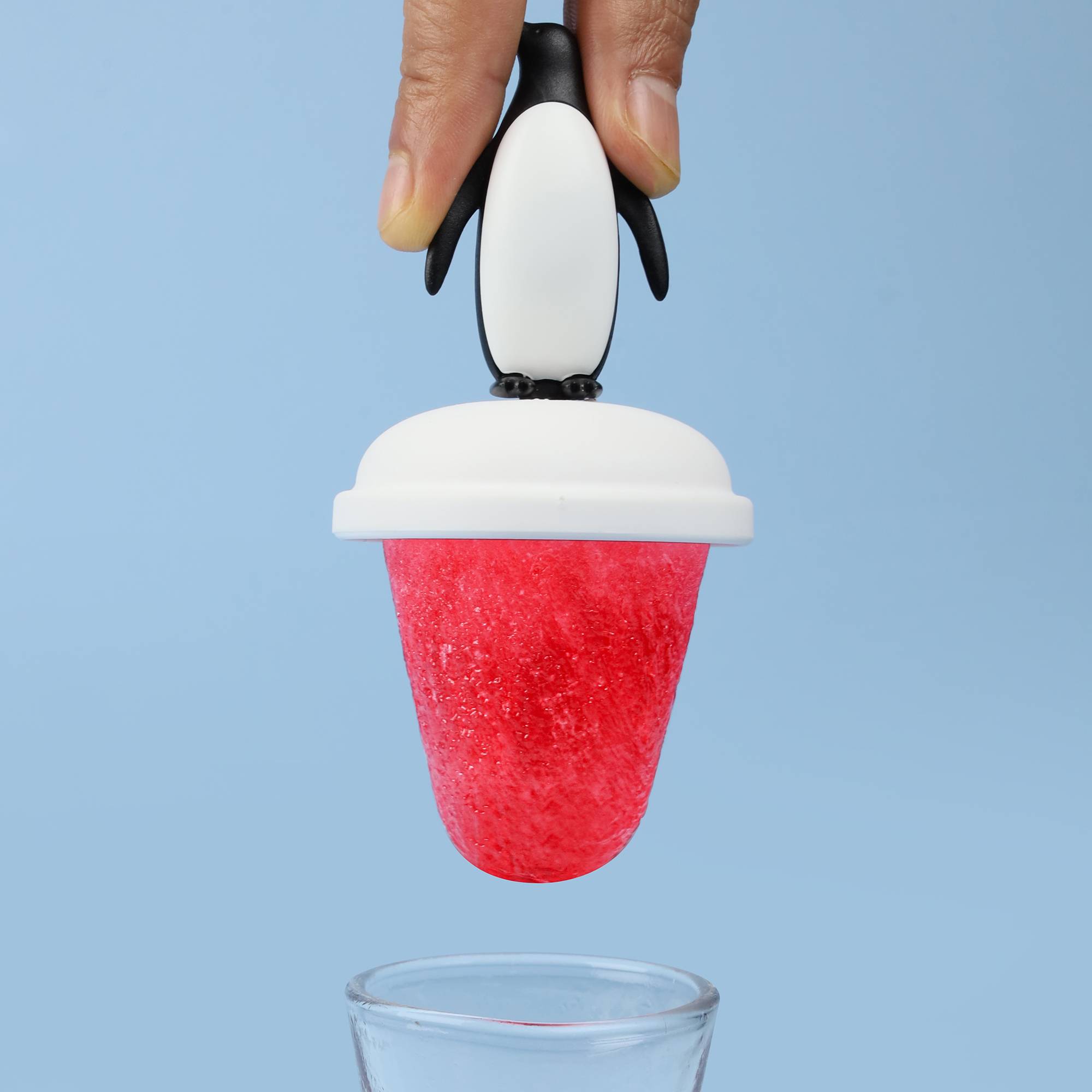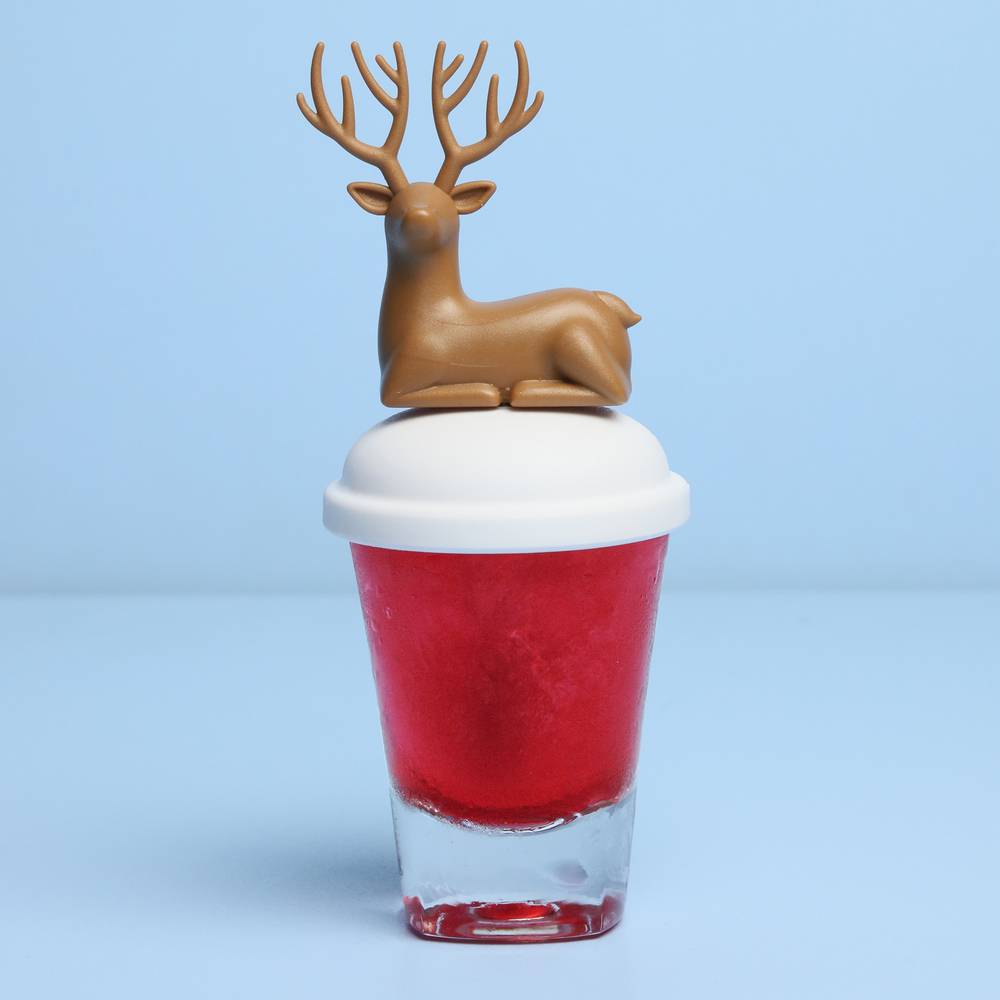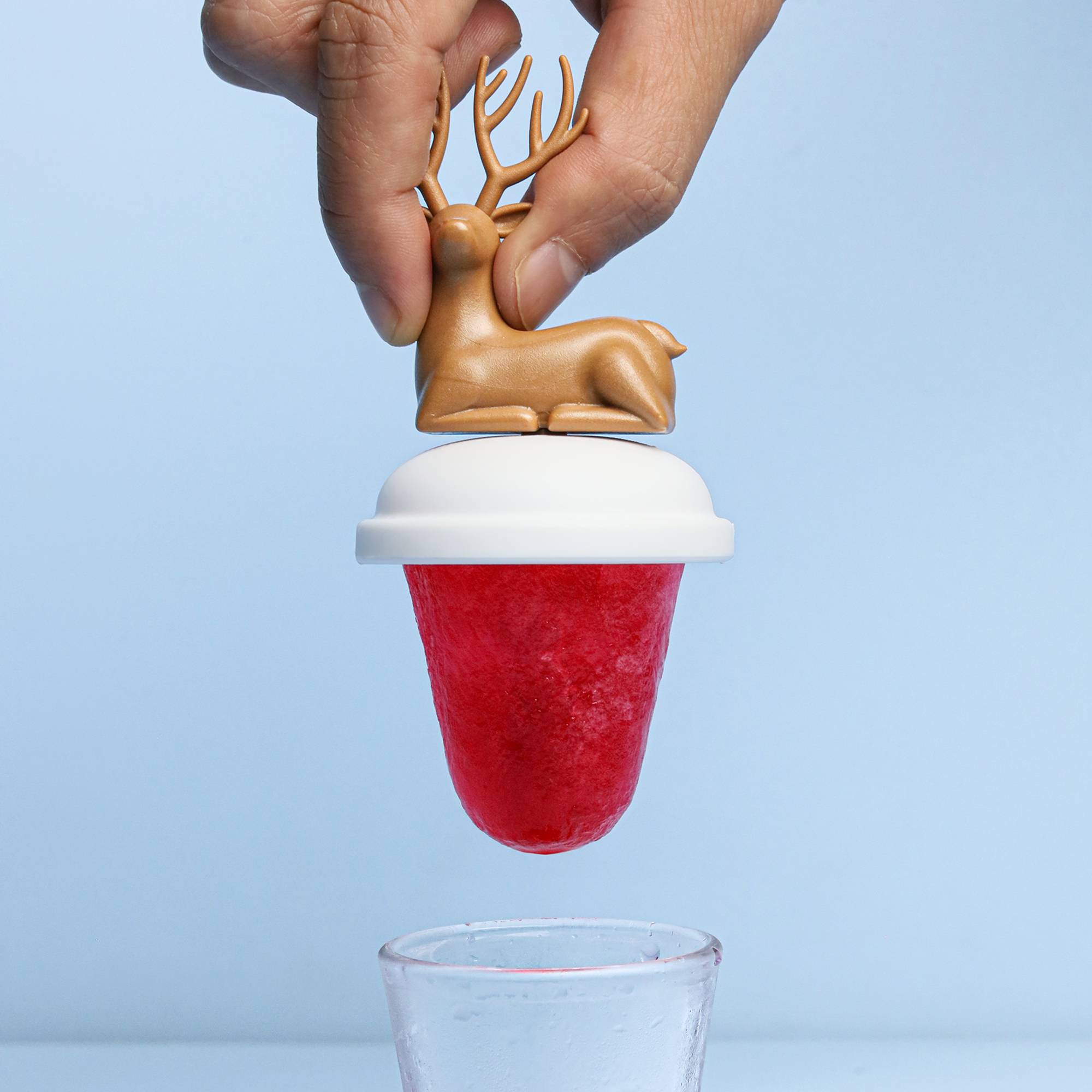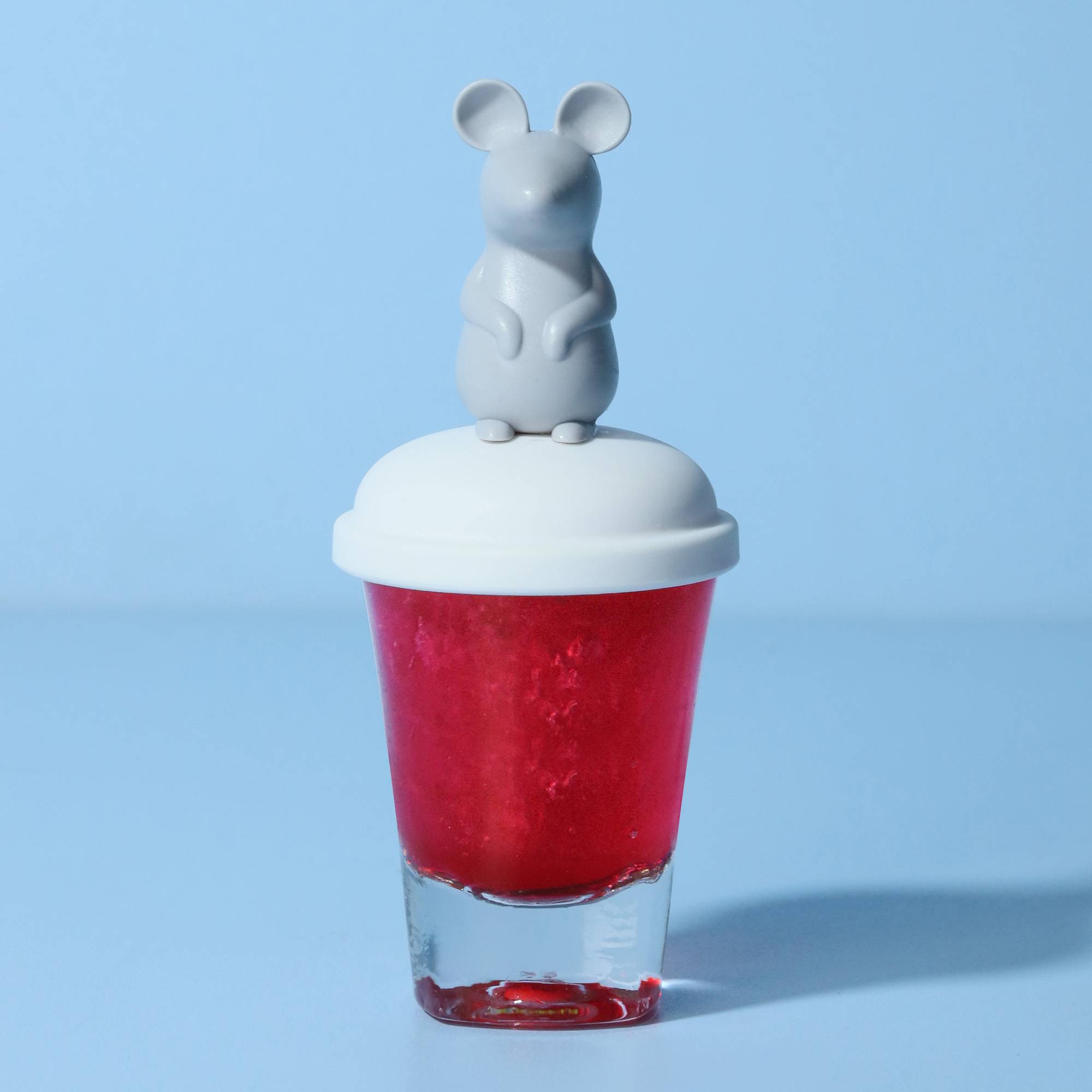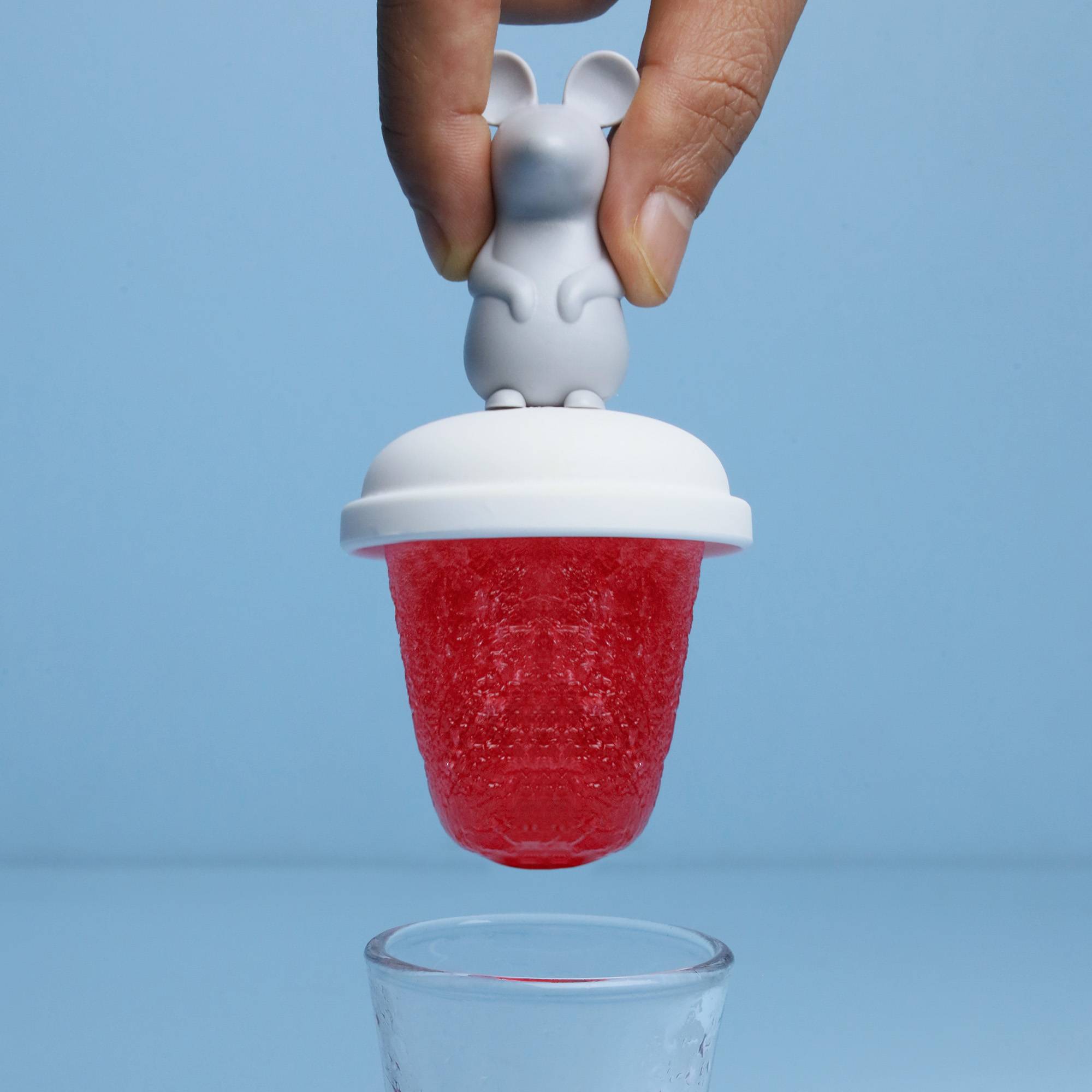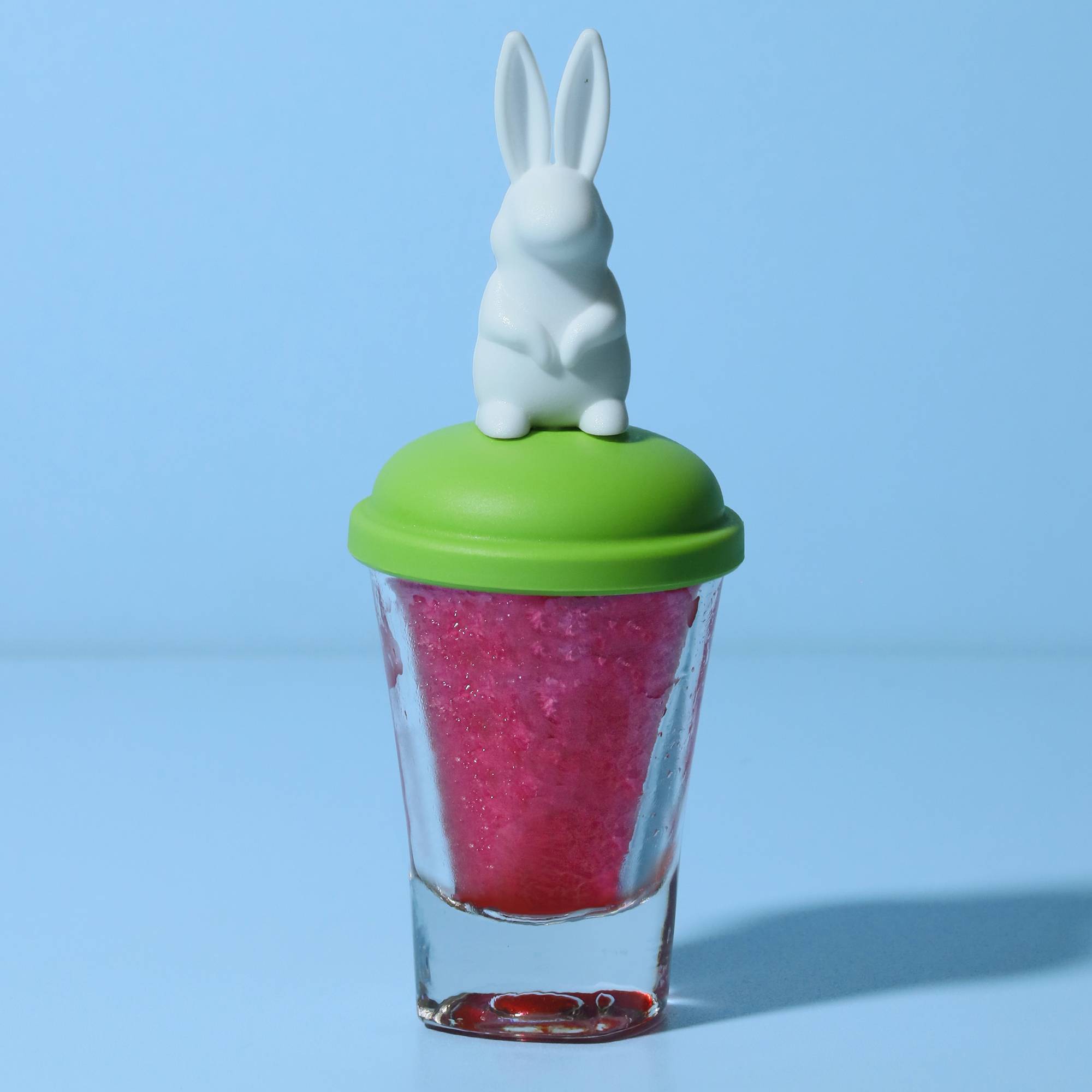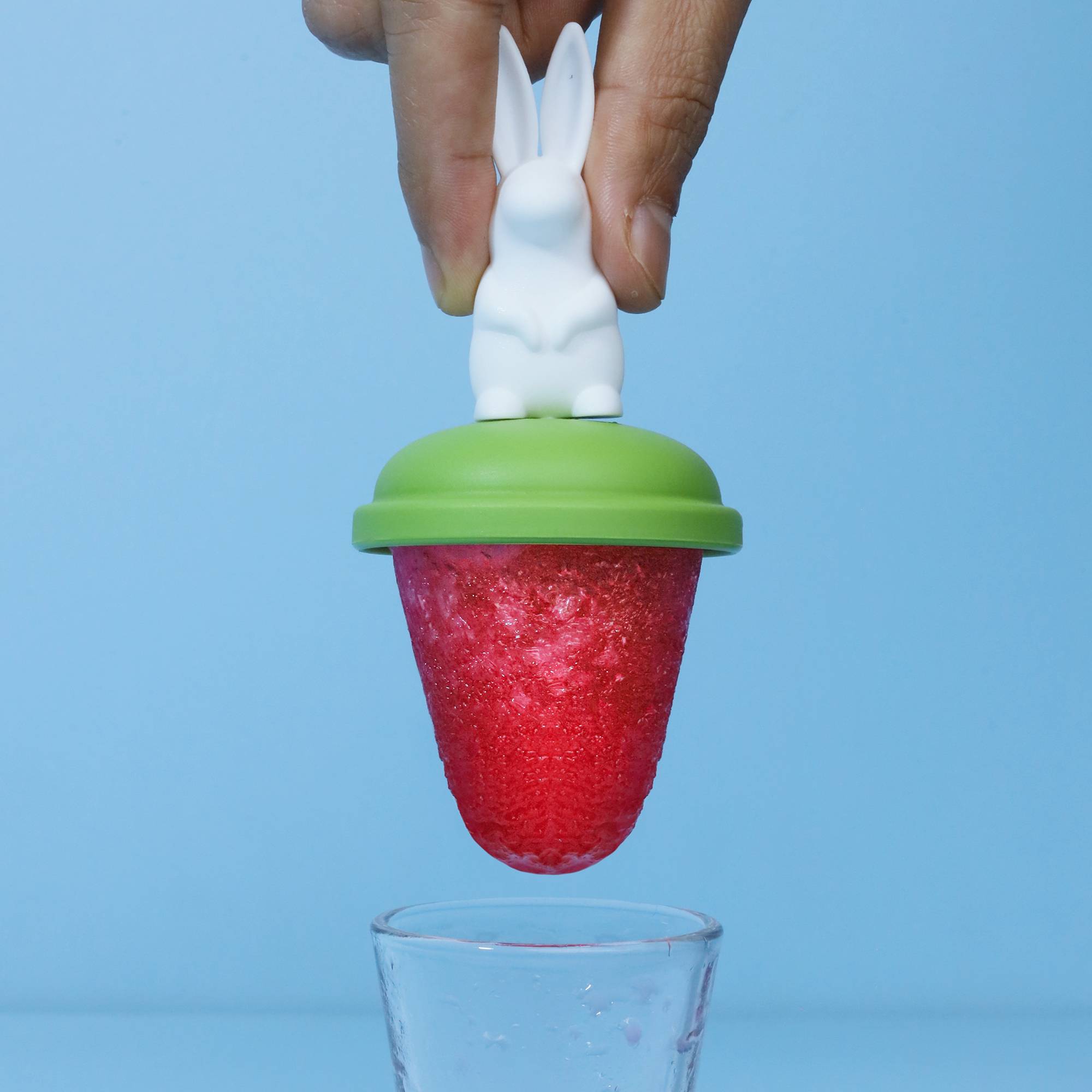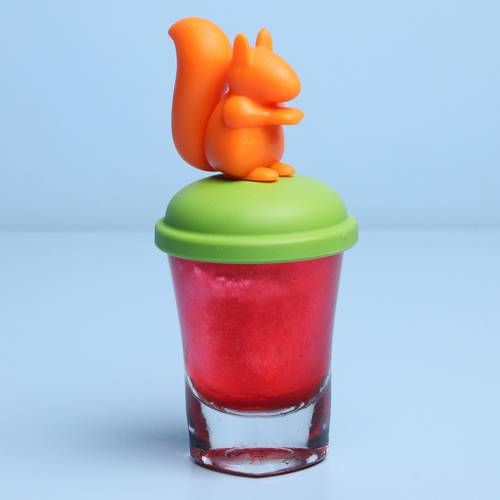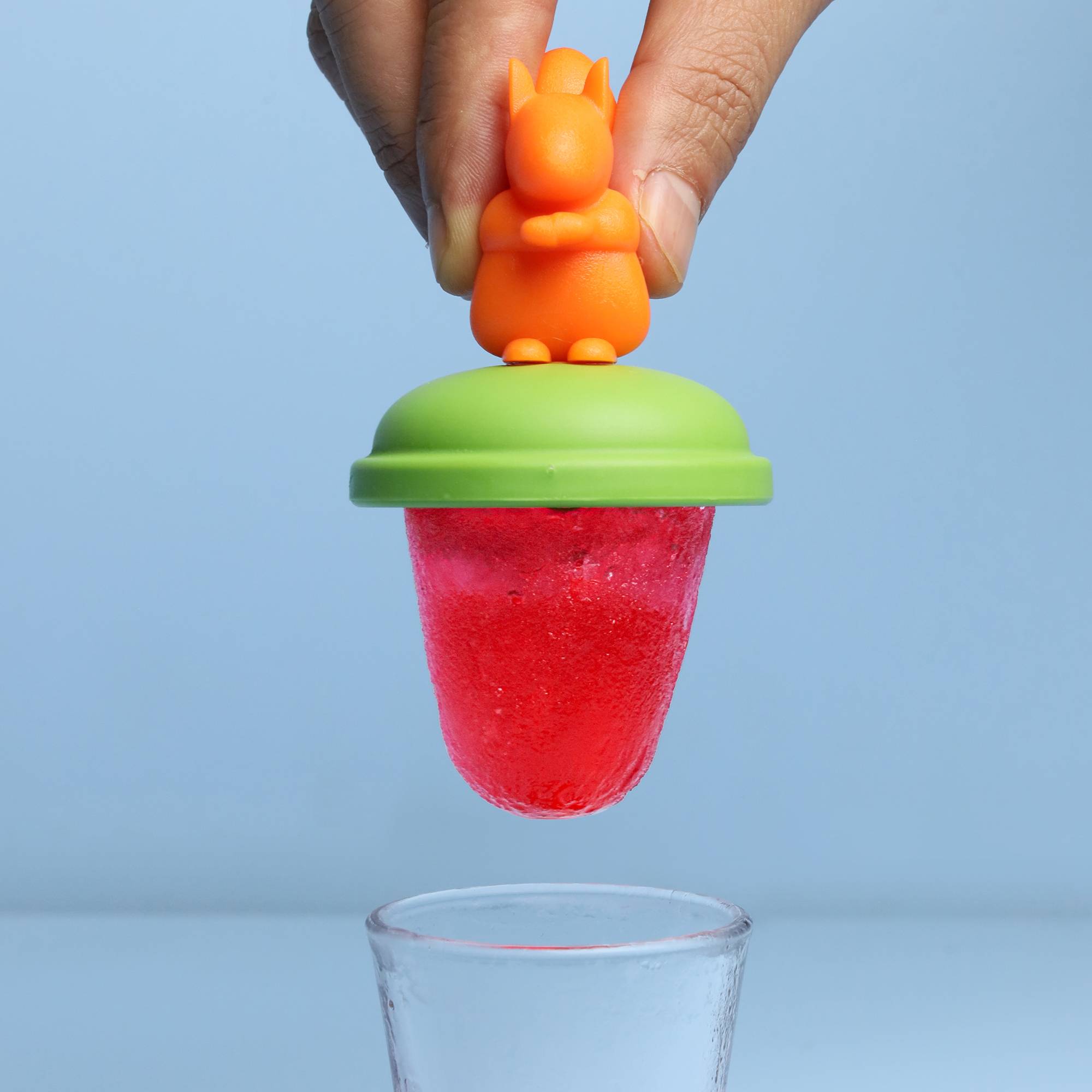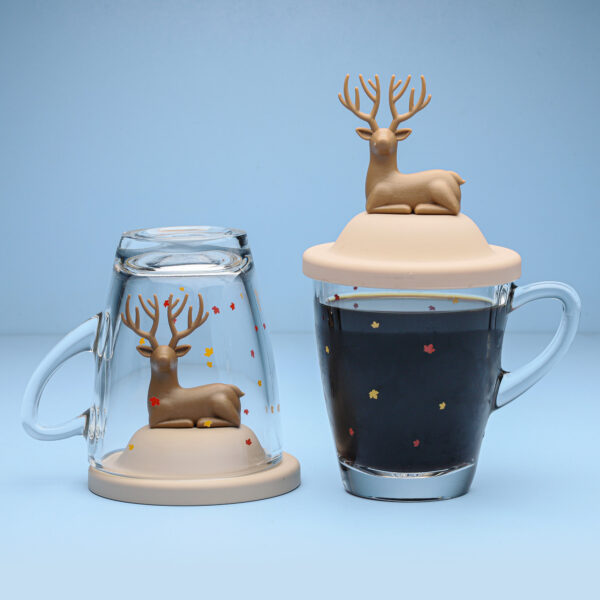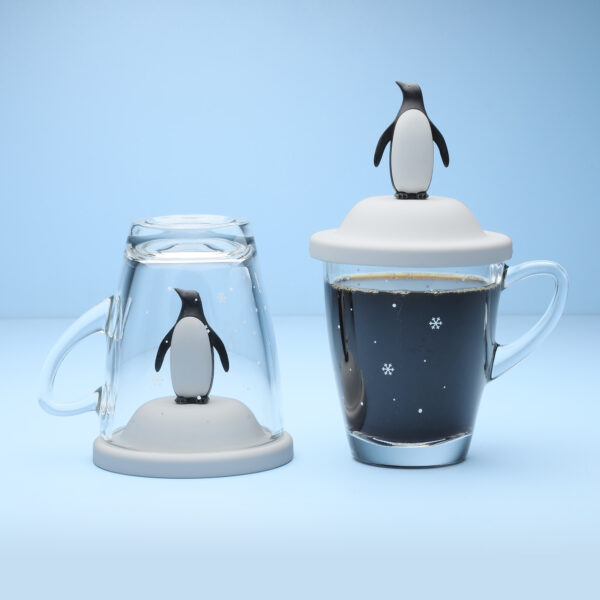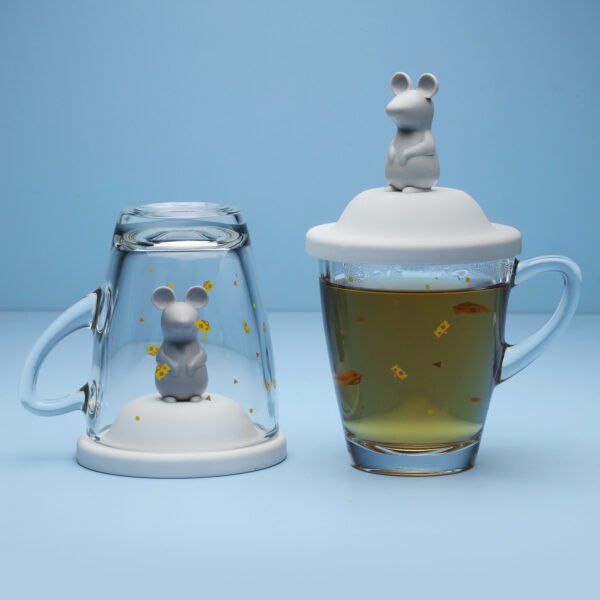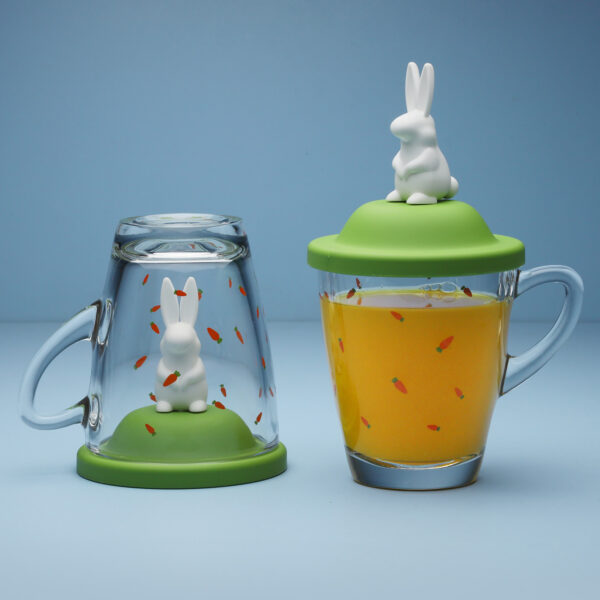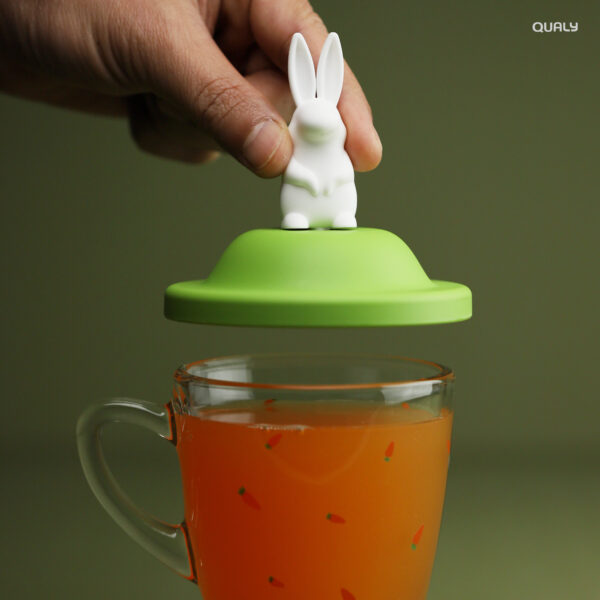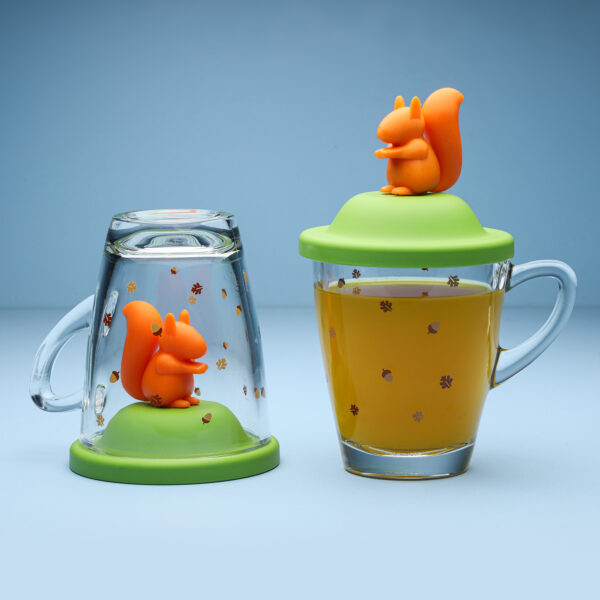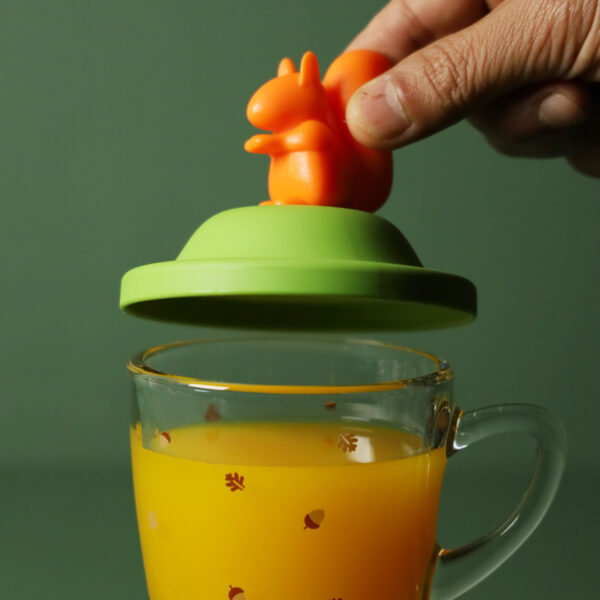Kitchen
Filters
Done-


 US$19.90
US$19.90Coconut, one of the most popular tropical fruits, is renowned for its refreshing and delicious taste. It can be consumed as both water and flesh. Additionally, each part of the coconut offers distinct benefits. Coconuts are commonly cultivated in Southeast Asia, particularly in countries like Thailand. Nowadays, climate change is significantly impacting agriculture, including coconut production. Using a coconut tissue holder made from recycled plastic can contribute to reducing global warming, which affects crop cultivation.
Barcode : 8858782119319
-


 US$19.95
US$19.95Mangosteen, dubbed the ‘Queen of Fruits,’ boasts a crown-like appearance, with luscious white flesh and a sweet taste, packed with health and beauty benefits. Although it’s a tropical fruit that can be grown in Thailand, climate change nowadays severely impacts agriculture. Mangosteen bottle opener made from recycled plastic can help reduce global warming, which affects crop cultivation
Barcode : 8858782118664
-


 US$18.90
US$18.90Whale sharks, known as the world’s largest fish, are admired for their gentle nature. Spotting whale sharks signifies rich and thriving natural environment. However, they’re facing extinction due to ingesting plastic waste. These whale shark opener, equipped with fridge magnets, are easy to use, made from recycled plastic, and help reduce the likelihood of increased ocean debris.
Barcode : 8858782119265
-


 US$19.95
US$19.95Manta rays, the world’s largest rays, are facing extinction due to hunting for consumption and marine debris. These manta ray bottle opener, equipped with fridge magnets, are easy to use, made from recycled plastic, and help reduce the likelihood of increased ocean debris
Barcode : 8858782120810
-


 US$19.95
US$19.95Penguins are sadly one of the most threatened groups of seabirds, with half of the 18 species listed as either Vulnerable or Endangered due to global warming. This penguin bottle opener will remind you every time you open the bottle, about the impact on the environment and remind you to consume responsibly.
Barcode : 8858782118718
-

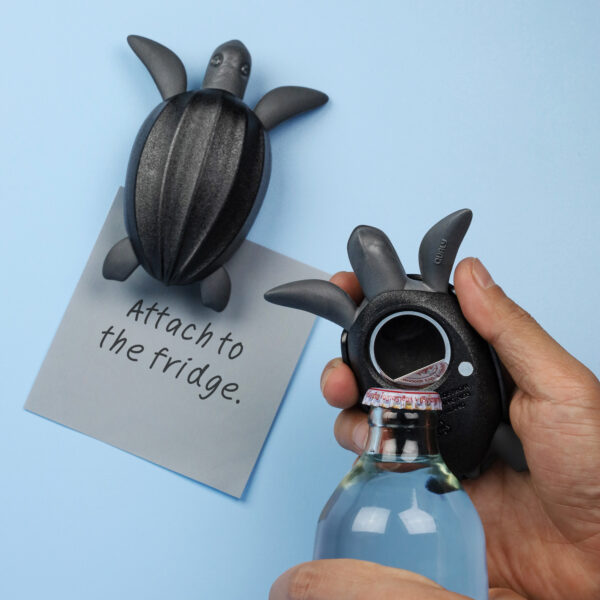

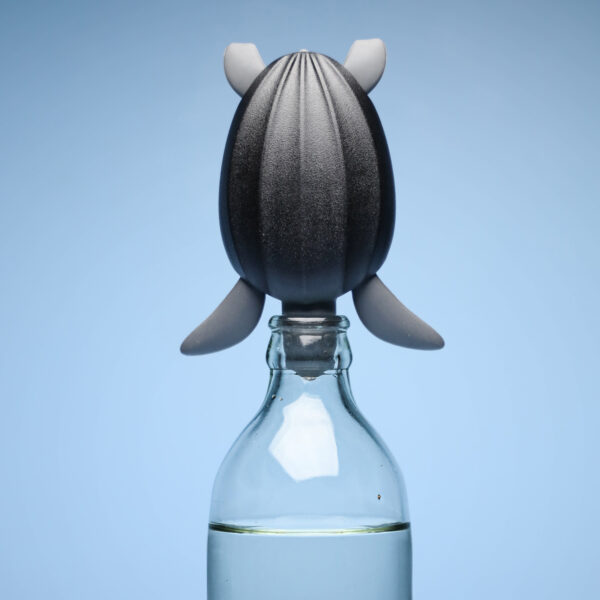 US$19.95
US$19.95Don’t waste your beverage or let it tasteless by leaving it undrunk too long and ends up in the sink. This turtle opener is aiming to help you open any bottles for freshness and put its head inside the bottle’s neck to keep it fresh for you. All animal knows how precious water is, so please don’t waste any while a lot is dying from thirst.
Barcode : 8858782118640
-

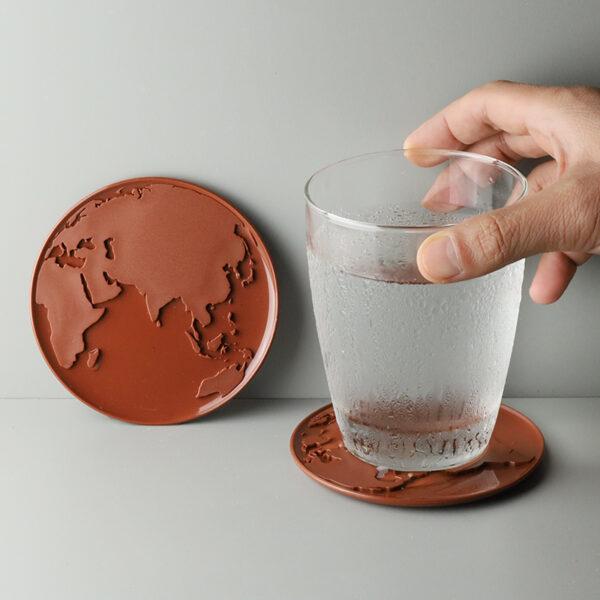

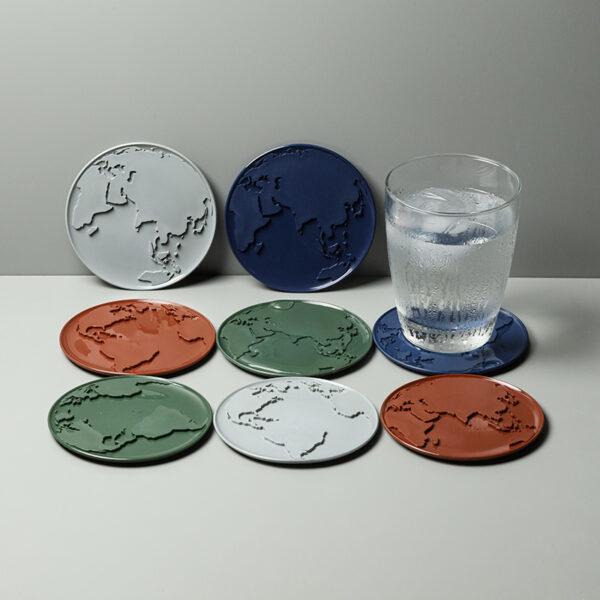 US$6.00
US$6.00Since the 1970s, humanity has been in ecological overshoot, we use the equivalent of 1.6 Earths to provide the resources we use and absorb our waste, a lot more than nature can regenerate through overfishing, overharvesting forests, and emitting more carbon dioxide into the atmosphere than forests can sequester.
Please well-consider before consuming, because, in fact, we have no second earth for us to survive.
Source: https://www.footprintnetwork.org/our-work/ecological-footprint/






